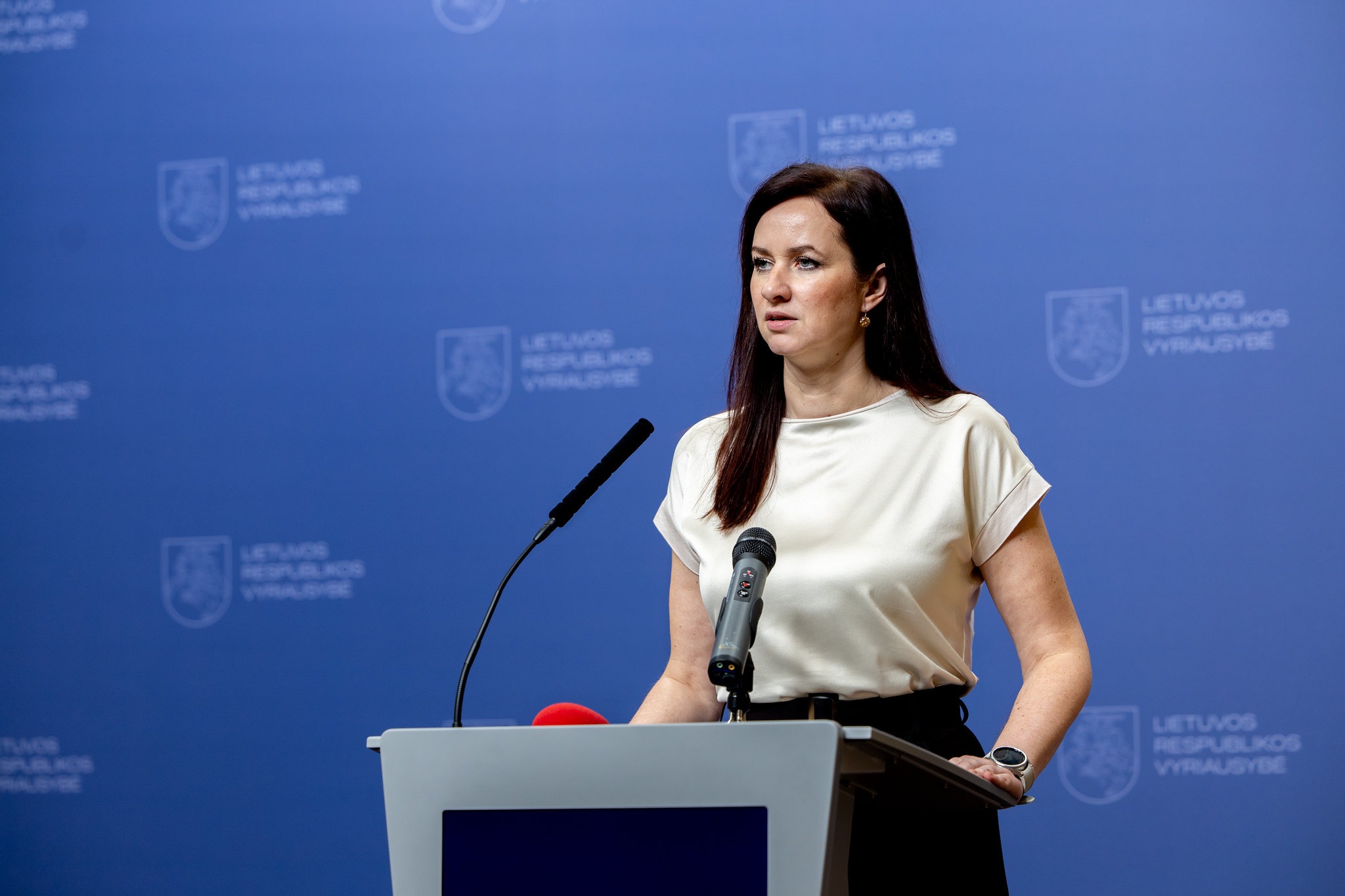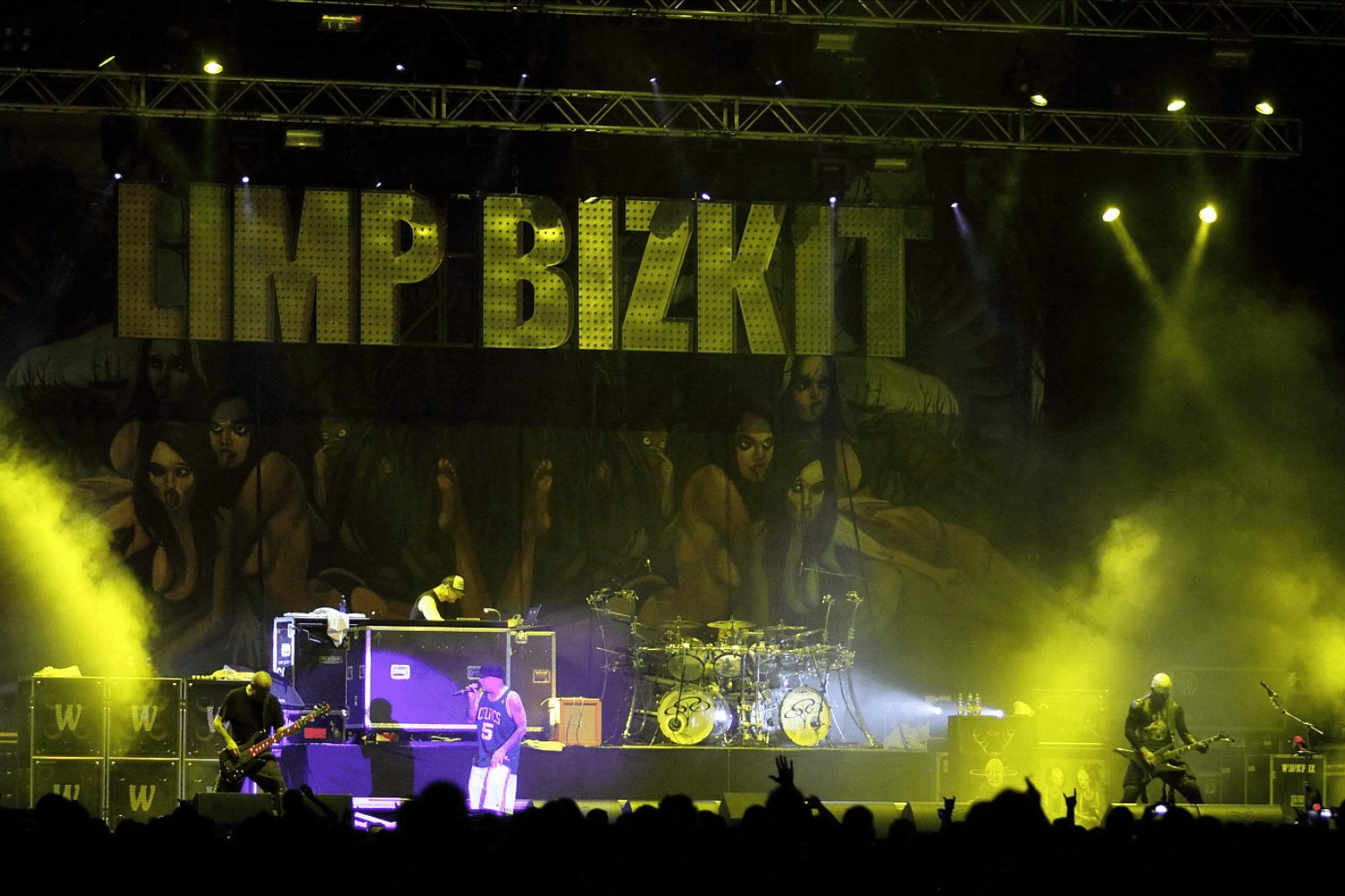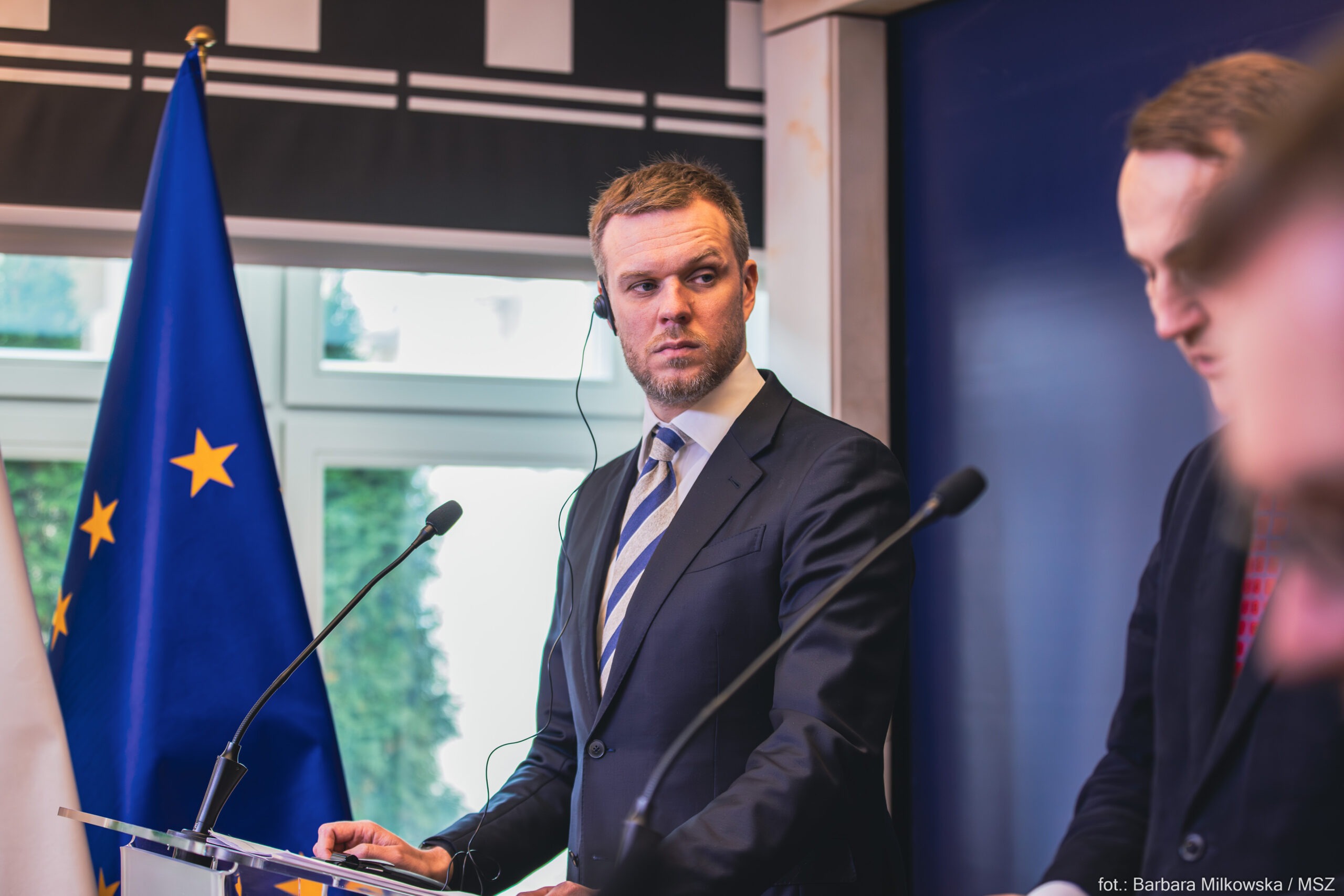
Main narratives:
- Anti-NATO sentiments;
- Baltic States as provocateurs of military conflict;
- The West has misplaced priorities.
Overview:
During the 2025 NATO Summit, pro-Kremlin voices on social media characterized the alliance as a destabilizing force driven by Western imperialism. These commentators reinforced long-standing narratives portraying NATO as an aggressive bloc encircling Russia and provoking military confrontation, rather than maintaining regional stability. Particular focus was placed on NATO’s defence initiatives involving Estonia and other Baltic states, which were framed not as deterrence measures but as covert preparations for conflict. These portrayals sought to cast NATO’s eastern posture as an existential threat to Russia’s security. Additionally, pro-Kremlin rhetoric mocked what they described as European apprehension toward Donald Trump’s influence over the alliance, suggesting that internal divisions and lack of unity plague NATO. They also criticized the alliance’s plans to boost defence expenditure amidst ongoing socioeconomic crises in Europe, framing such decisions as irresponsible and detached from the needs of ordinary citizens.
Another widely discussed topic in Russian-speaking social media groups in Estonia was a statement by Defence Minister Hanno Pevkur in which he confirmed that the country was ready to host allied fighter jets capable of carrying nuclear weapons. This statement was made in response to the UK’s decision to purchase 12 F-35A multirole fighter jets from the United States, which are capable of carrying both conventional and tactical nuclear weapons. The news was widely discussed in all major Russian-language groups. Many of the comments claimed that Estonia’s government was provoking Russia and escalating tensions. This fits into the familiar narrative of Estonia as a ‘Western puppet’ rather than a country seeking ‘good neighbourly relations with Moscow’.
Last week also saw the spread of a claim that ‘an overwhelming majority of Hungarian citizens voted against the rushed admission of Ukraine into the European Union in a nationwide referendum’, citing a statement by Hungarian Prime Minister Viktor Orbán. However, fact-checkers clarified that this was not a referendum, but rather a so-called ‘national consultation’ — a government-controlled public survey. Nevertheless, this inaccuracy was once again used to reinforce the Kremlin’s narrative that Ukraine will not be able to join the EU and that its destiny lies within Russia’s sphere of influence.









